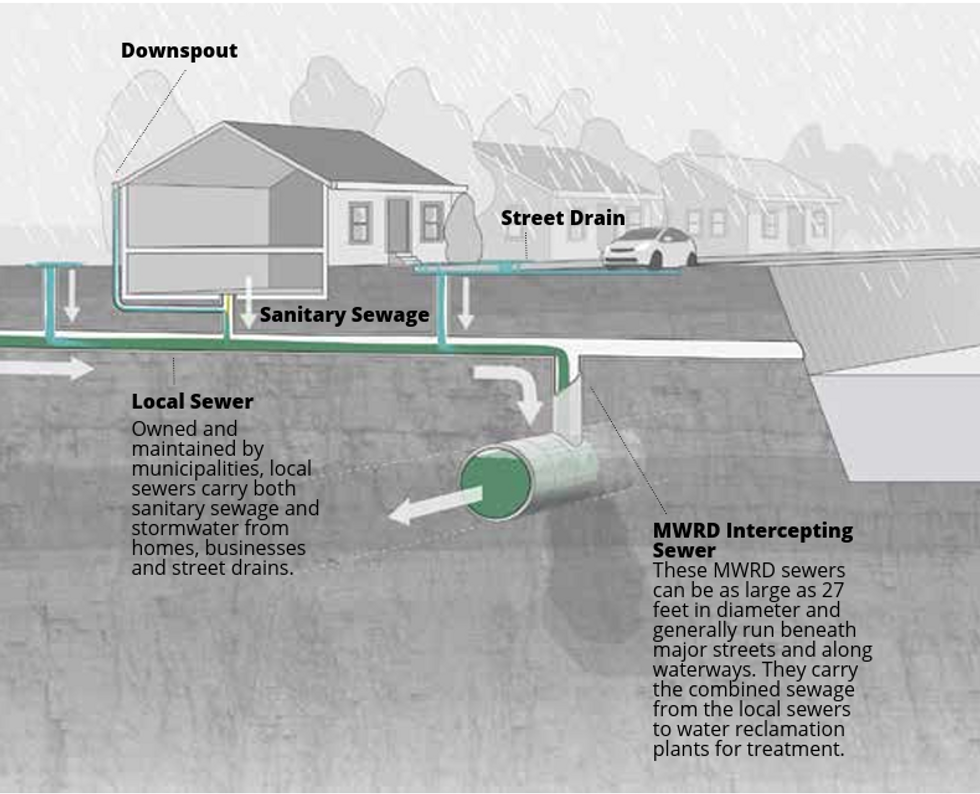It's easy to go in to Congress and spend. It's much harder to go in and do what's right. Ten years after the wave of Tea Party reformers arrived at the Capitol, we're still spending without any concern for the long-term implications or the next generation.
We just crossed $22 trillion in debt and are heading toward $30 trillion. This year we are running ever-larger deficits while ignoring the underlying cause of the debt, especially entitlement programs.
We're doing the same thing at the state and local levels — spending without the ability to pay and kicking the can down the road. We continue to shirk our fiscal responsibility. And, as long as we do, the new decade will be just as lost as the last one.
Congress can take steps to fix the problem, and if the current members can't get the job done, then it's up to voters to remind them who's in charge. Here are some steps for changing the way the place works that I believe would go a long way toward ending dysfunction in Washington.
Return to regular order. It's simple: Committee chairmen should be freely elected by the committee members, not chosen by House leadership, and they should be focused on running their committees. Then bills should be drafted in committee and debated among all committee members. Then they should be presented to the committee chairman, and if there are enough votes, sent to the floor of the House for more debate.
Lastly, hearings should return to their original purpose of being fact-finding tools so Congress can make better informed decisions. They should not be used to reinforce the party line.
Balance the budget. Every year Congress needs to pass a budget, and the president should give an annual Fiscal State of the Union so that members have a clear picture of the government's financial health.
We need to eliminate the gimmicks — no more continuing resolutions, Rules Committee hijinks with the waiving of budget requirements, and no emergency expenditures unless they're absolutely justified.
Every member of the House should be required to take a turn on the Budget Committee. Since no one wants to take the hard votes, the Budget Committee is Washington's equivalent of Siberia. If we made a rotation on Budget mandatory, it would force everyone to understand the hard choices we face.
Establish term limits. Incumbents' ability to raise money allows most of them to stay in office as long as they want. Putting a limit on their length of service is the only answer. Any limits need to be pure term limits so members can't jump back and forth between the House and the Senate for years.
I would argue for a limit of five terms in the House (10 years) and two in the Senate (12 years). And no person should be able to hold federal office for more than 16 years anywhere, including the presidency and vice presidency.
Reform leadership. Leadership positions in Congress have become too powerful. Committee chairmen and the speaker need to be overseers and administrators, ensuring that members are following the proper protocol and that legislation is progressing as it should. They shouldn't be impeding the process or allowing for partisan victories at the expense of sound policy.
In addition, the House should consider electing a speaker who is not a member of Congress — but an esteemed public servant who has a proven record of statesmanship but is no longer beholden to a political party. In effect, lawmakers would hire an outside administrator, agreed upon by a majority from both parties.
Restrict campaign donations. Simply capping donations at the current limits of $2,700 for a federal candidate from individuals and $5,000 a year from political action committees doesn't work. It's too easy to disguise or spread the money around. We need to limit donations by source, including the political parties.
Vote from home. The main reason lawmakers go to Washington is to vote. If members could vote from home, we could save millions of dollars a year in travel costs.
As it stands right now, the only way to track your vote is for you to vote on the floor of the House or Senate. But this is really just a matter of changing the rules and setting up a secure website, with identity verification, to collect the votes.
Concentrate on committee work. Rather than allowing committees to meet whenever they want, we should squeeze all the committee work into a few weeks and require that lawmakers stay in Washington until their work is done. Combined with voting from home, this would force members to be more productive.
In Texas, lawmakers meet for only five months once every two years. It forces them to get things done. The longer the session, the more mistakes people can make.
Know your adversary. Washington has descended into tribalism and identity politics. No matter how bitterly we disagree, everyone working to govern the country must recognize the need to cooperate.
Committee meetings are segregated by party so Democrats and Republicans have little interaction. Committee chairmen could address this problem by requiring that the entire committee meet in the same room.
Individual members should sit down to breakfast and do whatever it takes to find common ground. The opposing party isn't the enemy. We are all on the same side — the side of America and democracy.
Disagreeing on policy is healthy. Refusing to speak to one another because we disagree isn't.
These are just a few ideas for how to make the federal government work better and get the legislative process back on track, so it's actually fixing problems that matter to people rather than helping the political elite score points and get ahead.



















 Berwyn Volume 2 Cook County MJ-HMP Annex
Berwyn Volume 2 Cook County MJ-HMP Annex  Metropolitan Water Reclamation District
Metropolitan Water Reclamation District  Chicago Metropolitan Agency for Planning
Chicago Metropolitan Agency for Planning 